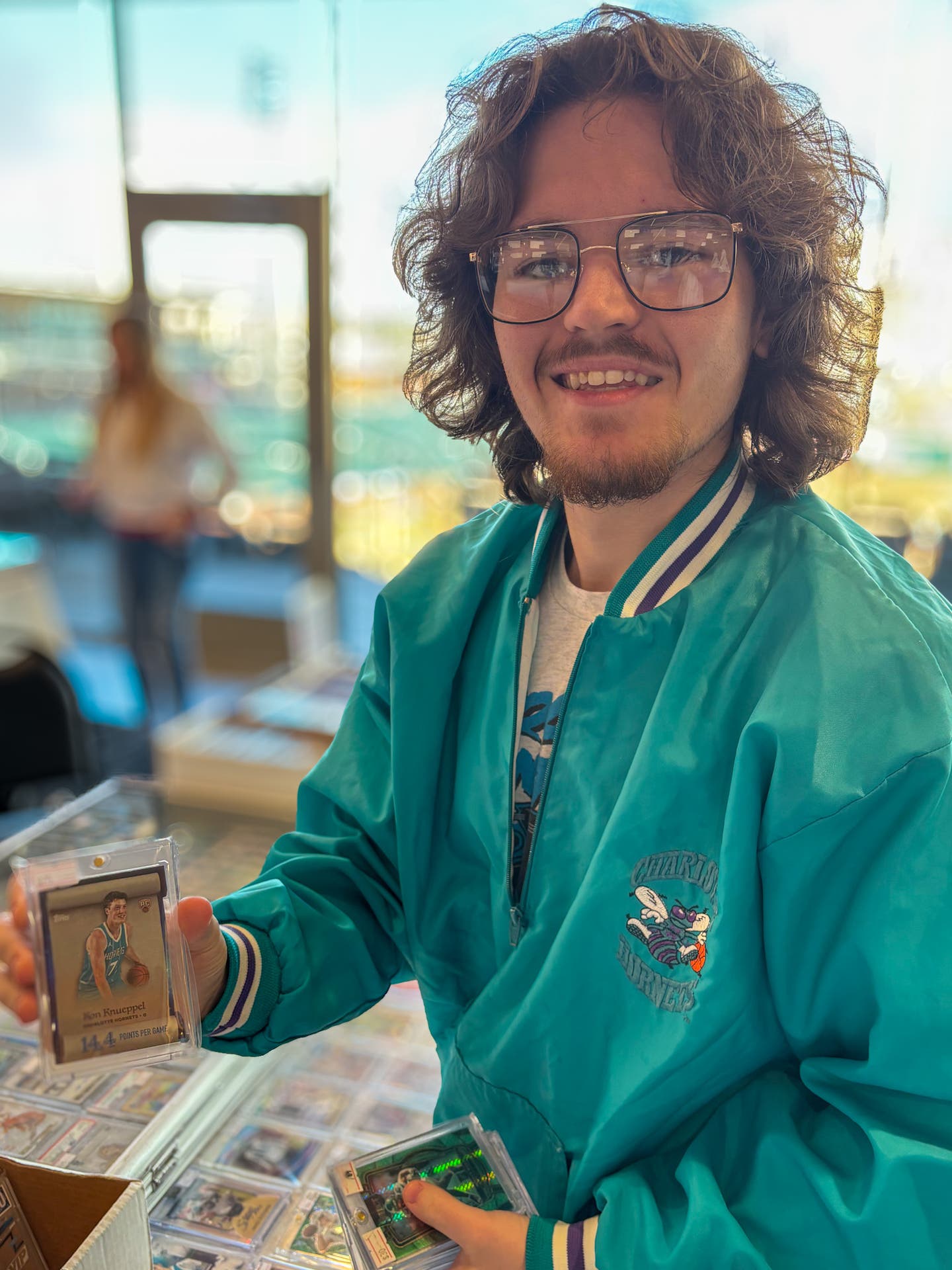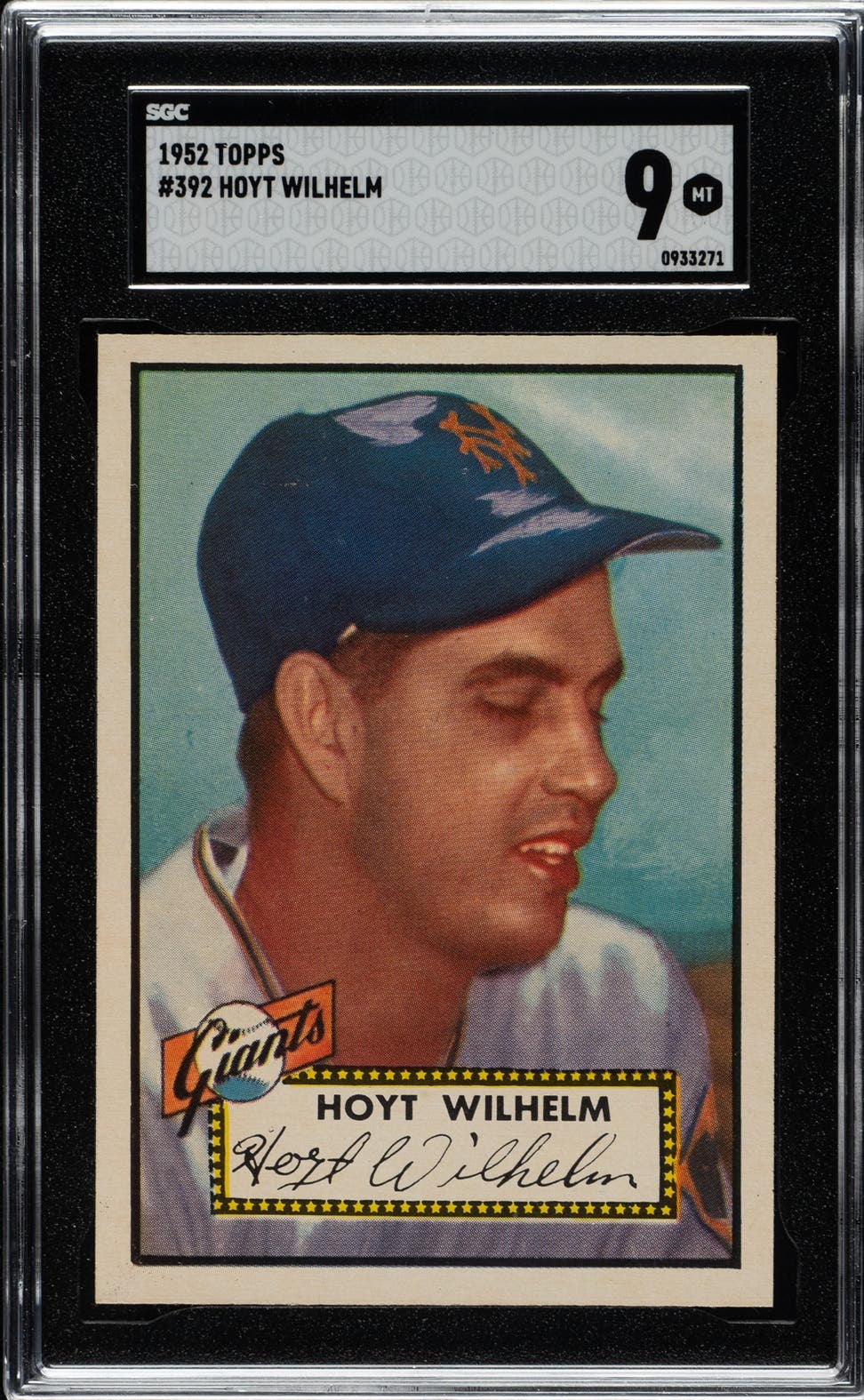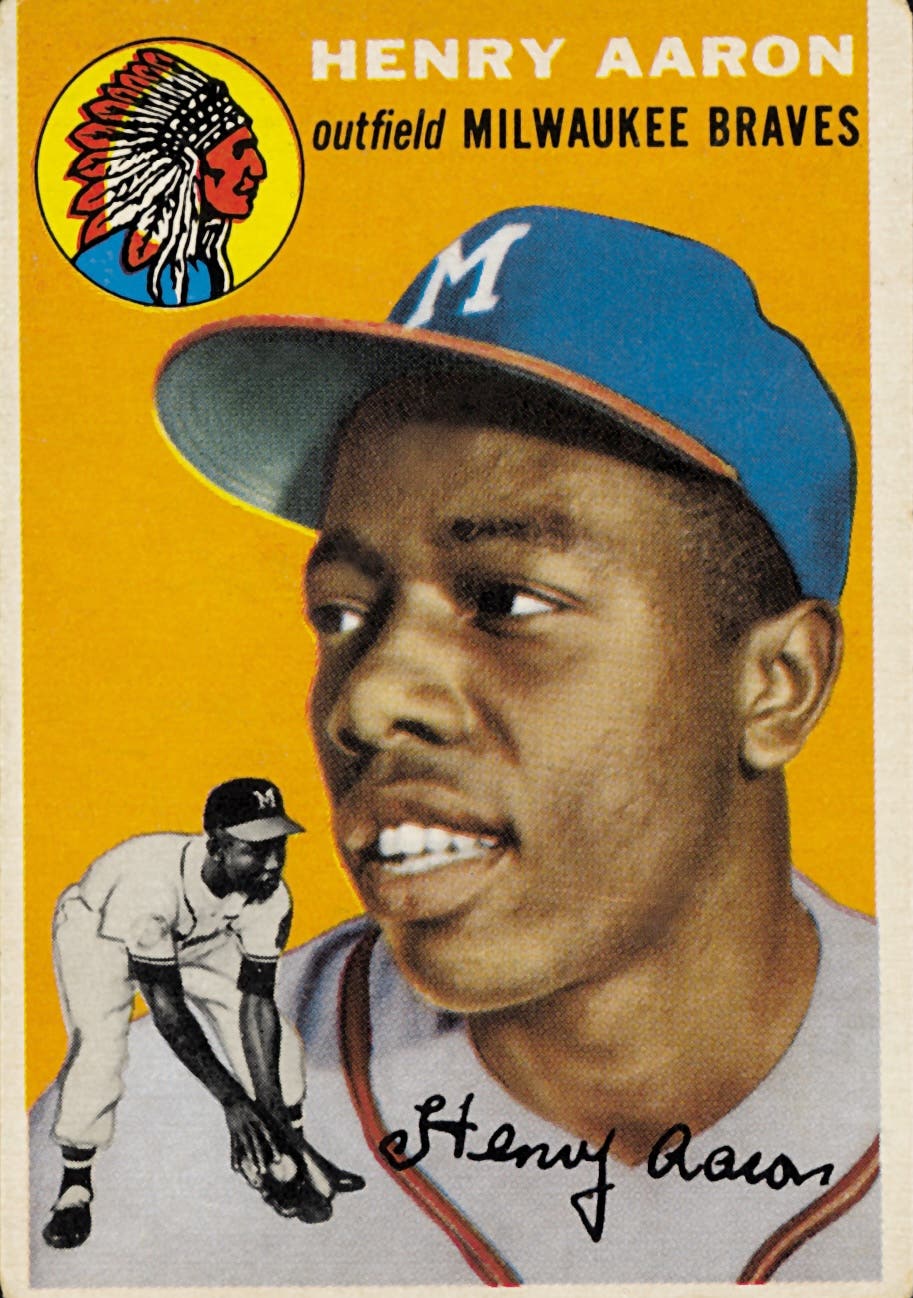News
After 36 years in the minors Mike Jirschele accomplishes what many coaches dream of
By Bert Lehman
Almost every World Series has at least one memorable moment. A moment, that whenever that particular World Series is mentioned, that memory immediately comes to mind.
Be it the missed call at first base in Game 6 of the 1985 World Series, the baseball rolling between Bill Buckner’s legs in Game 6 of the 1986 World Series, a hobbled Kirk Gibson hitting a home run in Game 1 of the 1988 World Series, or Joe Carter’s home run in Game 6 of the 1993 World Series to secure the Series for the Toronto Blue Jays.
That moment for the 2014 World Series could very well be the second to the last play of Game 7 when Alex Gordon of the Kansas City Royals, hit a line drive to left-center field that was misplayed by the centerfielder, allowing Gordon to race to third. Down by a run with one out to go, Gordon was stranded on third base, ending the Series.
After the game, there was much discussion by baseball analysts and pundits about whether Royals’ third base coach Mike Jirschele should have sent Gordon home instead of holding him at third base.
For Jirschele there was no doubt in his mind that he made the right decision to hold Gordon.
“There wasn’t an expert baseball guy who would say that (I should have sent him home),” Jirschele said. “… If I had sent Gordon he would have ended the World Series in a rundown.”
He added, “I knew when he (Gordon) was coming into third and just got to third, I knew if [Brandon] Crawford secured the ball, I couldn’t send him because Crawford has an above average arm. He has a real strong arm and it’s above average accuracy. There’s no way in that situation you can send the guy.”
Jirschele’s decision was reinforced to him throughout the 2015 season as third base coaches from other teams, as well as general managers approached him to tell him he made the right decision.
A year later in the American League Championship Series Jirschele was faced with a similar situation. This time he sent Lorenzo Cain, who had been on first base, home on a single against the Toronto Blue Jays to propel the Royals back to the World Series.
The situations may have looked similar, but based on Jirschele’s preparations, he knew he could send Cain home.
“Watching video, I knew that [Jose] Bautista takes pride in cutting that ball off down the right field line and holding that hitter to a single,” Jirschele said. “What he does is comes up and throws that ball all the way to second base. I knew if I had the opportunity with someone who could run good coming into third base I could send him home on that play because he has to make that long throw to second. Tulowitzki, who was playing shortstop, had to catch the ball, turn around and try to throw it home, and he rushed it. He couldn’t even make a good throw. That’s just from watching video and knowing what he does in those situations.”
Jirschele said watching video prior to a series is part of the job for a Major League third base coach. Jirschele is also responsible for the infield defensive alignment for the Royals.
“Before every series I go through every hitter that could possibly play and watch probably 25-30 of the last ground balls they’ve hit to see if they are any different than they were earlier in the year,” Jirschele said. “I also look at all the outfielders that are going to play against us and their last 10-15 throws they’ve made to see how their arms are working for them. Everybody in the outfield I know exactly their arm strength, but I also know how they come in and get balls.”
This extensive research is what allowed Jirschele to make the split-second decision to send Cain home.
“The time I sent Cain, I was waiting for that to happen the whole series and it happened at the right time,” Jirschele said. “It happened earlier in that series but I had [Kendrys] Morales coming into third who couldn’t run, which was probably a blessing because they didn’t realize I was watching for that. I had to hold him because he was just getting to third and the ball was already to second. But with speed I can send him.
“As soon as [Eric] Hosmer hit that ball I thought, ‘This could be it right here. This was the one I was talking about.’ Sure enough, Bautista goes over and cuts it off, runs into the wall, spins and throws right back to second. As soon as I saw him spin towards second, I just started wheeling Cain and I knew he was going to make it easy because of his speed and I knew the ball had to travel all that way.”
Because of the extensive research Jirschele does, he said it helps ease the pressure of being a third base coach.
“I’m the most comfortable when I’m out at third,” Jirschele said. “I don’t get nervous at all. The Gordon play, the Cain play, to me that’s exciting because now you feel like you have a part in this game. You’re going to make a decision, right or wrong, you’re going to make a decision to hopefully help the club.”
In the 2015 World Series, the Royals defeated the New York Mets 4 games to 1. For Jirschele it was the culmination of a long journey to baseball’s pinnacle moment.
Growing up in Clintonville, Wisconsin, Jirschele said he never really thought about pursuing a professional baseball career.
“I knew there were scouts coming around watching me, but I didn’t even really pay attention to that,” he said. “I went out and had fun and just played baseball.”
In 1977, Jirschele was selected by the Texas Rangers in the fifth round of the Major League Amateur Draft.
“I was excited I was drafted,” he said. “I think everybody dreams of having a chance to play professional baseball. Even though you sign professionally, it’s tough to get to the big leagues. Not many players get to the big leagues.”
After being drafted, Jirschele had a decision to make – sign a professional baseball contract or attend college and play baseball and football.
“I felt that if I’m going to get to the big leagues, I should get started right now at 18,” Jirschele recalled. “I’m a high draft pick. They’re going to give you the opportunity and I’m going to only concentrate on baseball.”
He spent more than 10 years playing minor league baseball, but was never called up to the major league club. The closest he came to making “the show” was in 1982, his first year in AAA.
“For some reason everything was clicking,” Jirschele recalled. “I was there for about a month and I was swinging the bat well, hitting over .300. I was playing shortstop every day, just playing really well. With about two weeks to go in the season I was going for a foul ball down the left field line and the third baseman ran into me and hurt my knee. I blew my ACL out. That sort of ended that. That was really the last chance I had.”
He rehabbed and returned to play until 1989, when he hung up the cleats as a player.
When asked why he retired when he did, Jirschele responded, “Because they told me I couldn’t play anymore. And they also offered me a job right away as a coach. My last year in 1989 I was playing in AAA and they sent me back down to AA to start helping some of the younger prospects. I wanted to stay in professional baseball if I could.”
He was a coach for two years for the minor league team in Appleton, Wisconsin, located about 40 miles away from Jirschele’s hometown.
Two years of coaching led Jirschele to a minor league managing career that began in 1992.
After 36 years in the minor leagues as a player, coach and manager, Jirschele finally received his shot at the big leagues when Ned Yost named the third base coach for the Kansas City Royals in 2014.
Jirschele originally met Yost while they were both in the Texas Rangers Major League Spring Training camp in the mid-1980s. He also got to know Yost because his son and Yost’s son were teammates on the University of Wisconsin-Oshkosh baseball team.
As one would expect, Jirschele was excited when Yost asked him to be the third base coach.
“I waited a long time to get to the big leagues,” Jirschele said. “I signed in 1977. It took me a long time to get there but I was just happy and anxious to prove I could do the job at the big league level.”
His first two years as third base coach for the Royals saw Jirschele coach in two World Series, as well as a Major League All-Star game.
“There are a lot of coaches who spend their whole career in the big leagues who don’t get that opportunity,” Jirschele said. “I’m very fortunate and blessed I’ve been given this opportunity. Sometimes it’s all about timing.”
That timing allowed Jirschele to hold a World Series trophy, something he admitted he never thought would happen.
“There’s nothing better than winning it all,” he said. “There’s only one team that wins the last game of the year.”
(Bert Lehman is the editor of Sports Collectors Digest. He can be reached at Bert.Lehman@fwcommunity.com)








